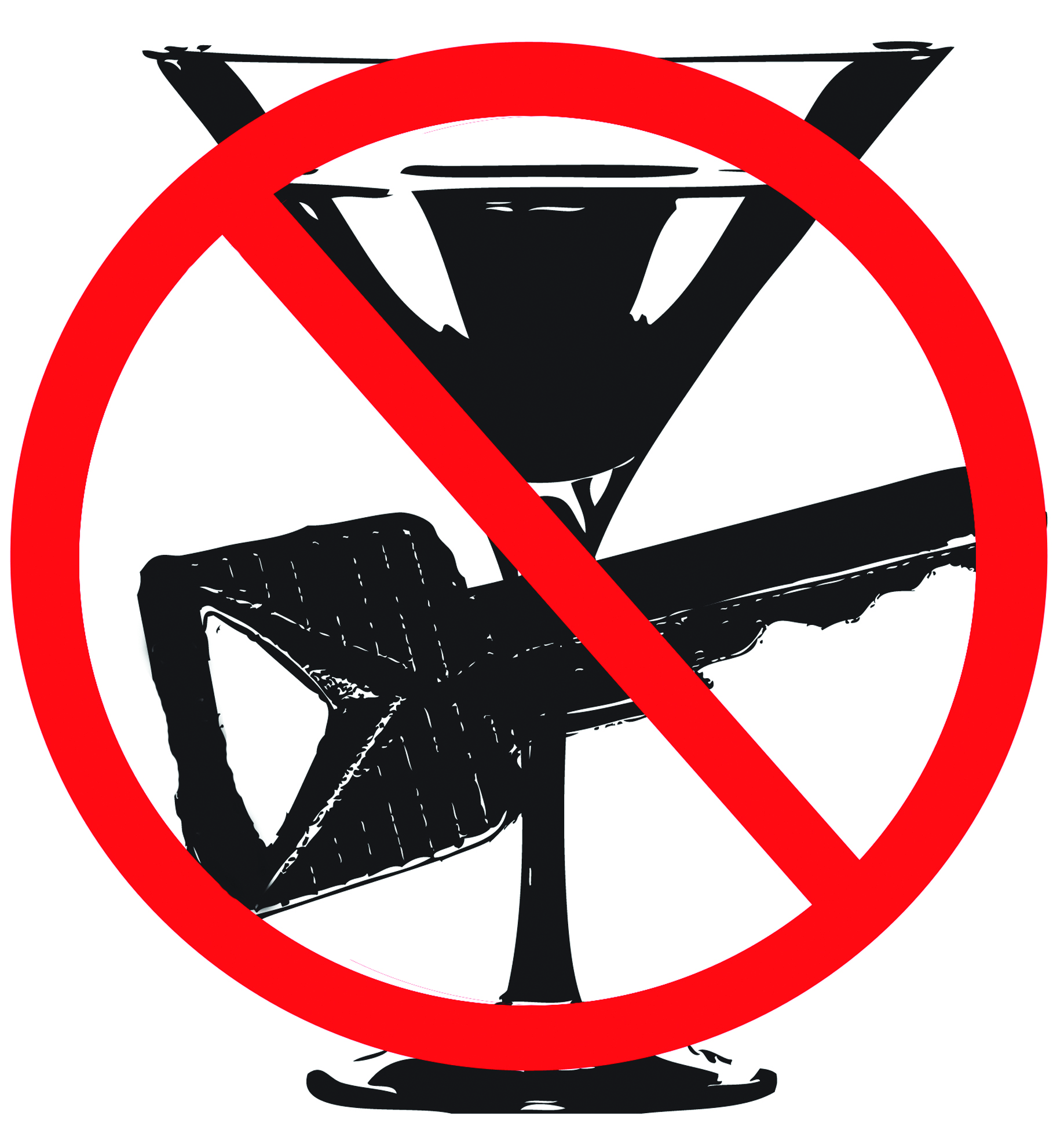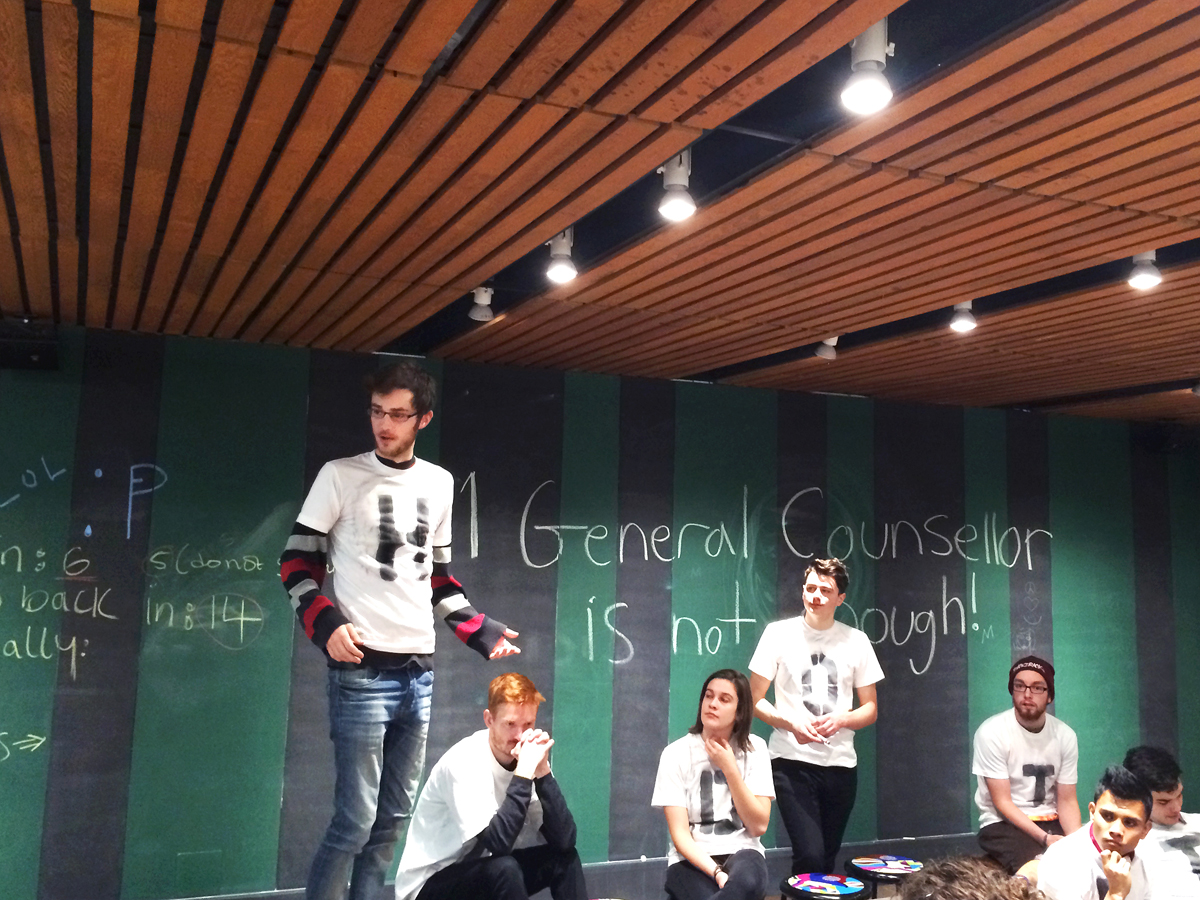The City of Winnipeg, Winnipeg Police Service (WPS) and Shared Health’s Crisis Response Centre (CRC) announced a pilot project aimed at supporting people experiencing mental health crises in a Nov. 29 press release. The Alternative Response to Citizens in Crisis (ARCC) pilot project aims to help stabilize people in crisis and support individuals in chronic crisis. The ARCC will provide mental health resources to stabilize its users in the moment and assist them in managing their mental health in the long term.
Chris Puhach, an inspector with the WPS and ARCC project lead, described the proposed changes within the WPS needed to implement the project.
“I think everybody recognizes the need for those in crisis to receive more supports and we’re supportive of any initiative that is going to deliver more support to a person in need,” Puhach said.
“Quite often, people will not seek help on their own and may not seek out the Crisis Response Centre on their own, so we’re going to bring the Crisis Response Centre to them.”
Erika Hunzinger, acting director for Crisis Response Services, stated the ARCC enables the CRC to send one of its clinicians with police officers to situations the CRC would not have been able to go to before because of safety concerns.
“There is a general police response and then the ARCC team will meet them there,” Hunzinger said.
“The clinician will go in with the police officer that is in plain clothes and will perform the same mental health assessment that we do with our mobile crisis team and at the Crisis Response Centre.”
The Crisis Response Service provides services for individuals experiencing mental health crises.
“It’s a full biopsychosocial mental health assessment completed by one of our clinicians who are registered professionals. They’re social workers, occupational therapists, nurses, a variety of professional backgrounds,” Hunzinger said.
“We do things like suicide risk assessment, we look at their mental status exams and then right in the moment we’ll provide crisis stabilization intervention which might include, in a lot of cases, safe planning. So, if somebody is suicidal, we will go through the evidence-based practice of planning with them for safety.”
Critically, clinicians can tailor care based on the needs of the person in crisis.
“We might provide them with any other resource that we have available through the Crisis Response Centre, which includes psychiatric assessments,” Hunzinger said.
“They can be referred to virtual or in-person hospital, they can go to the crisis stabilization unit [or] they could be part of post-crisis services program where they have access to coping skills classes.”
Other options include connecting individuals to the Rapid Access to Addiction Medicine Clinic or connecting individuals to peer support.
Frank Cormier, a criminologist and head of the department of sociology and criminology at the University of Manitoba, had a mixed response to the ARCC pilot project.
“First of all, I want to say that I do appreciate the fact that police are recognizing that there could be better, more appropriate responses to people who are in crisis, particularly mental health crisis,” said Cormier.
“Having said that, there are some concerns about how effective this might be and I suppose also some concerns about some of the assumptions upon which it’s based in this particular model. I understand that it is a pilot project, but only being available 12 hours a day from Monday to Friday, I think would sort of limit its efficacy.”
“I have a feeling that there might be more mental health crises on weekends and late at night than from 9 a.m. to 9 p.m. These kinds of things don’t adhere to normal business hours.”
Cormier was surprised the initial response to a mental health crisis call would still be a “regular two officer uniformed [police] unit.”
“The initial responding officers, they will be tasked to provide the first response to well-being calls. These officers will then assess the situation and call for the team response to follow if that is deemed a needed and safe option,” he said.
“We are still asking two regular police officers to do the triage, to do the initial assessment and to make the determination of what further resources might be required.”
Cormier noted his sentiment is not meant to critique regular police officers but rather to acknowledge the fact that police officers are not highly trained in making these assessments.
“I think the thing that most concerns me is the fact that, again, regular police officers will be making the initial assessment of whether or not things are safe and what sort of interventions are needed,” he said.
“I think that police do often tend to perceive a greater risk and therefore maybe tend to respond with a more coercive approach.”





